6 steps to take after a breast cancer diagnosis
Learning you have breast cancer can be overwhelming. Try these oncologist-recommended tips to move forward.
Updated on March 14, 2025

Invasive breast cancer is the most commonly diagnosed cancer among women in the United States. Perhaps you know someone who was recently diagnosed, or perhaps you’ve been diagnosed yourself.
Being told that you have breast cancer can be a shock to the system, giving rise to a range of emotions and questions about what to do next. Here are tips to help you keep moving forward.
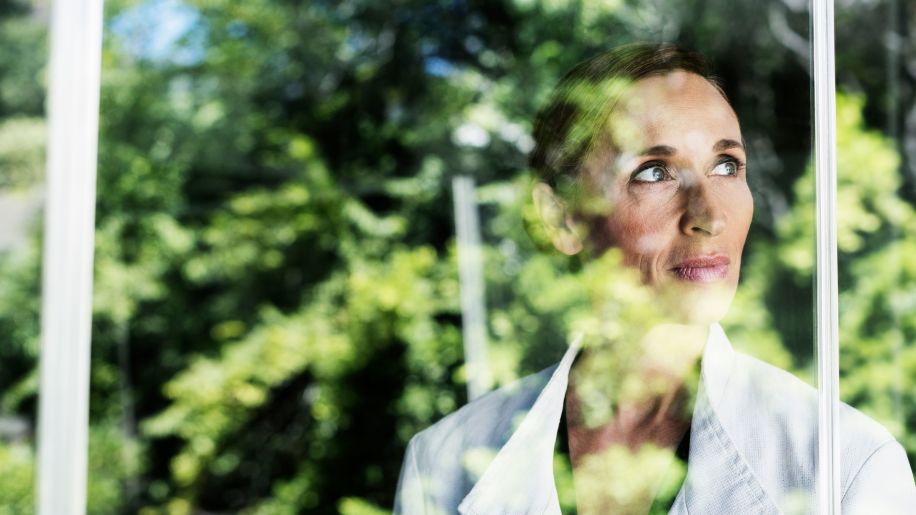
Process the information
The first and most important thing a person can do after a diagnosis of breast cancer is take time to breathe and process the information, says Delia Gauqueta, MD, an oncologist in Hollywood, Florida. Dr. Guaqueta says that many women she treats tend to close their eyes to their diagnosis or immediately want to start treatment. But deciding on a course of action takes time and consideration.
“It’s important that the person first understand that she is now a cancer patient and that her life will change,” Guaqueta says. And while it may be tempting to not think about it, “the sooner you give yourself the time to accept the fact that you have cancer, the sooner we can start helping you.”
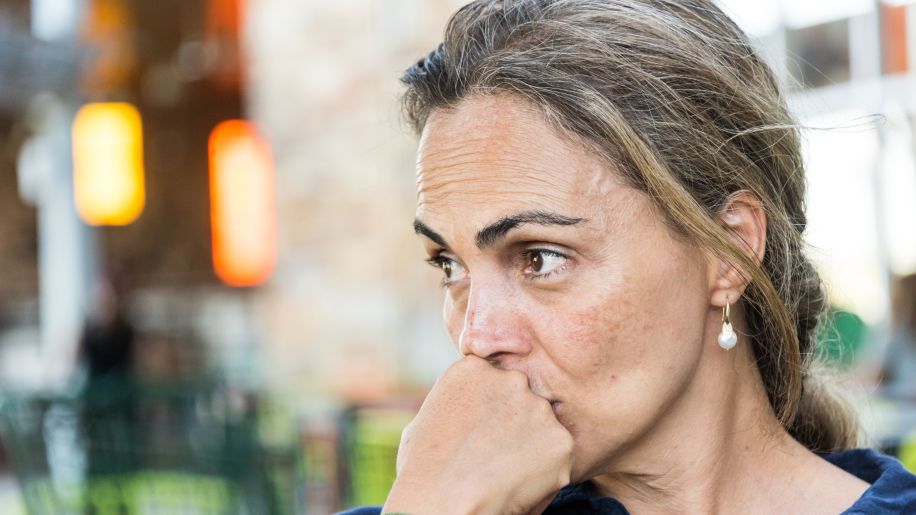
Let go of guilt
A person can experience a wide range of feelings after a breast cancer diagnosis, from sadness about how life will change to fear and anxiety about the future. They may also feel guilty, perhaps for making others upset or thinking they’ll be a burden to people they love.
“Guilt isn’t really healthy,” says Guaqueta. “I always counsel my patients not to try to find a ‘why.’” Instead, focus on moving forward and getting through your course of treatment, making healthy changes along the way.

Share the news
There are a few different approaches you can take when sharing information about your diagnosis. Guaqueta says she gives patients the option to speak with loved ones themselves or to make an appointment to come in and discuss it together. The advantage of a family appointment is that a healthcare provider can answer everyone’s questions at once. Meeting together can also lend emotional support, reinforcing the idea that you’re not going it alone. It helps to have a second set of ears taking in information, as well.
Deciding whether to tell children about your breast cancer can be tough. Guaqueta recommends that her patients let family members, including children, know right away. “The sooner you discuss your diagnosis, the sooner you're able to move forward with the rest of the things that you have to do,” she says.
If you decide to tell your kids about the diagnosis, try these tips from the American Cancer Society:
- Explain it in an age-appropriate way; tell them the basics about your cancer and its treatment in language they can understand.
- Talk about how your appearance might change, or how you might feel as treatment goes on.
- Let them ask questions and ask them questions about their feelings.
- Comfort them and reassure them they didn’t do anything to cause your cancer.
- Keep lines of communication as time goes on. Check in early and often.
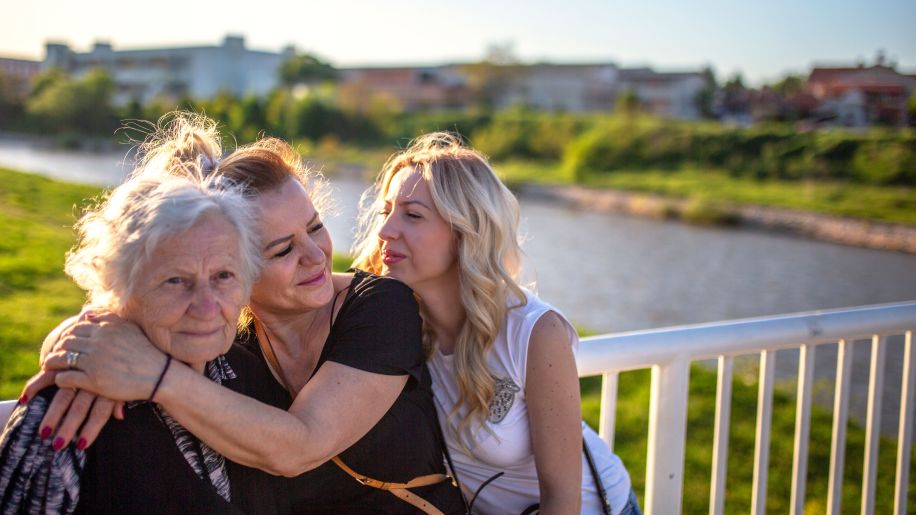
Learn your family history
Although the majority of breast cancer patients have no family history of the disease, genetics do play a role in some cancers. “There is a small percentage that actually can be familial,” Guaqueta says. “That’s why it’s important to find out if there is a family history of cancer, specifically breast cancer and ovarian cancer.”
If you haven’t done so already, bring this information to your oncologist’s attention. That way, Guaqueta says, the doctor can assess whether there is a possible genetic predisposition behind it. This is important information to have, especially if you have children. “Most likely your daughter will start screening mammograms much earlier than the general population,” she says.
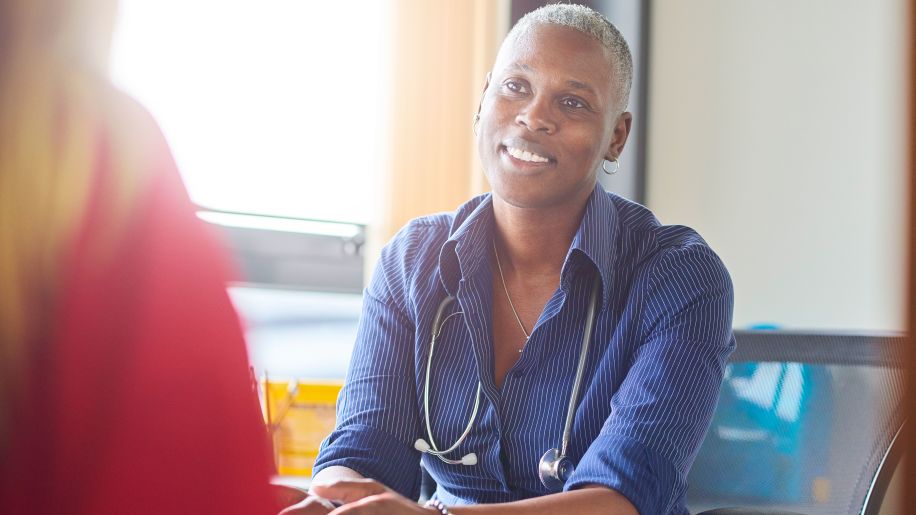
Get a second opinion
Guaqueta says she encourages patients to get a second opinion, especially if they have any doubts or concerns. Doing so can never hurt and is often helpful for your peace of mind. Doctors are accustomed to patients getting a second opinion, so don’t stress about bringing it up with your oncologist. If anything, getting a second opinion will make your relationship with your doctor a more trusting one.
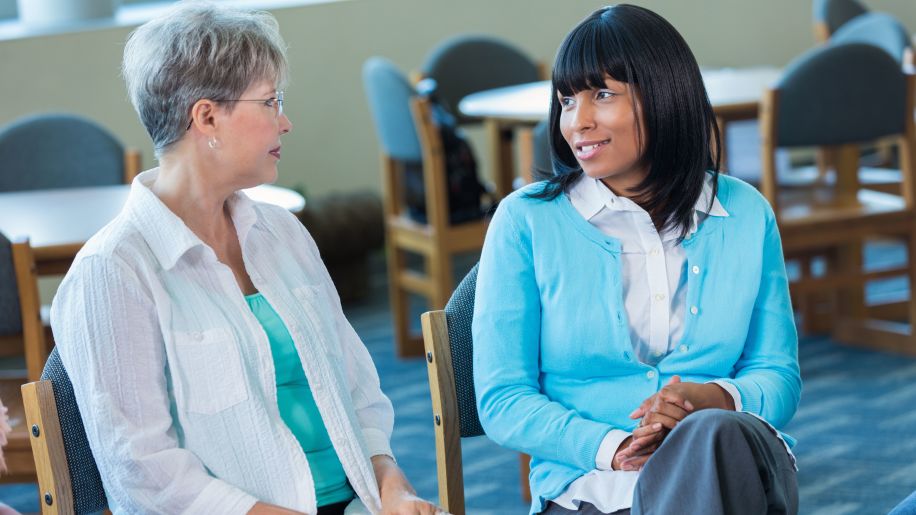
Join a support group
Coping with a breast cancer diagnosis and treatment can be overwhelming for a person and their family. A third-party support group can be especially helpful for patients because it enables them to speak to people who’ve had similar experiences. “When women join support groups, they can see the light at the end of the tunnel because they also meet people that have already gone through it,” Guaqueta says.
The hospital where you’re treated may have a support group specifically for breast cancer patients. If you prefer one-on-one peer support, the American Cancer Society’s Reach to Recovery program may be a good option. Contact may be in person, via phone or online, based on your location. You can also check online for breast cancer groups that provide “virtual” support in a community setting.

U.S. Cancer Statistics Working Group. U.S. Cancer Statistics Data Visualizations Tool. U.S. Department of Health and Human Services, Centers for Disease Control and Prevention and National Cancer Institute; released in June 2024.
American Cancer Society. Cancer Facts for Women. October 31, 2023.
National Cancer Institute. Emotions and Cancer. November 9, 2023.
American Cancer Society. Telling a Child Someone They Love Has Cancer. September 15, 2022.
National Cancer Institute. The Genetics of Cancer. August 8, 2024.
American Cancer Society. Seeking a Second Opinion. August 7, 2019.
Susan G. Komen. What are Support Groups? December 28, 2023.
Featured Content

article

article

slideshow
